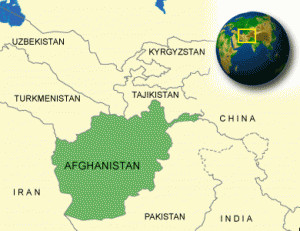The Taliban and the Nobel Peace Prize – the Malala connection

Now that the Taliban has signed a deal with the US, making possible the final withdrawal of American troops from Afghanistan, it’s worth considering a point made by my friend and colleague Tom Hussain @tomthehack: One day the Taliban may win the Nobel Peace Prize Tom writes in the South China Morning Post.
Even though it’s “a big leap of faith for people to come to terms with the Taliban’s forthcoming role as a front-line ally against the so-called Islamic State’s regional affiliate”, he notes, “peace deals between secular governments and Islamist insurgents have been struck before and worked”. Tom references the agreement between the Philippines and the Moro Islamic Liberation Front, which granted more autonomy to Muslim-majority Mindanao province. “However,” he added, “mainstreaming an entity as notorious in the world’s collective consciousness as the Taliban will have much wider reverberations, because it wants to be an international political player”.
This is evident, Tom says, from the Taliban’s call for “Muslim governments to unite politically in opposition to the Trump administration’s proposed ‘deal of the century’ for peace between Israel and the Palestinians”. This means that the Taliban will work to build “its image” in Muslim-majority states and “soon enough, we may see members of the Doha negotiating team finally accept invitations to events hosted by Muslim clergy in Indonesia, having previously rebuffed them when it was not ready to negotiate. In time, we may even see mainstreamed Taliban politicians participate in think-tank talks in the US, and even be nominated for the Nobel Peace Prize”.
The last time the words “Taliban” and “Nobel Peace Prize” were in the same sentence, it was in the context of the Taliban’s 2012 attack on Malala Yousafzai. As the Nobel committee said when it awarded the Peace Prize to Ms Yousafzai, “…the Taliban attempted to assassinate Malala Yousafzai on the bus home from school. She survived, but underwent several operations in the UK, where she lives today. In addition to her schooling, she continues her work for the right of girls to education”.

